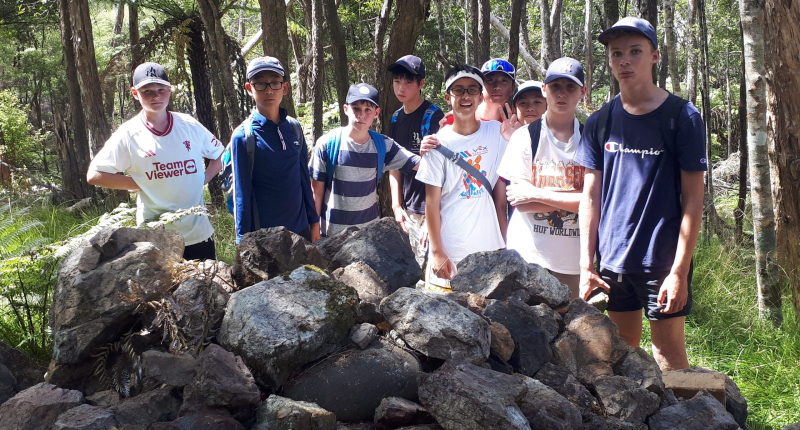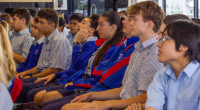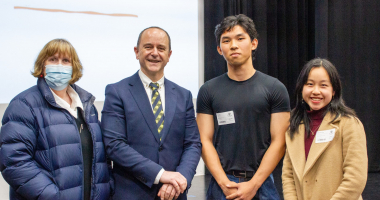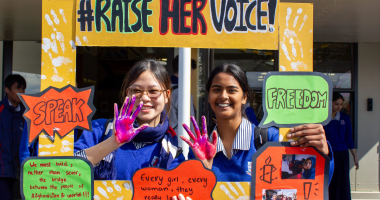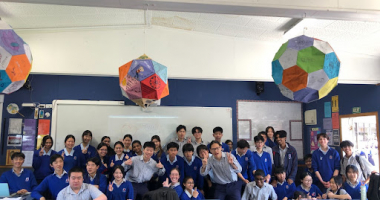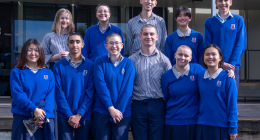With a new year comes yet another cohort of year 9 students at Macleans. On February 20th, these students headed off for a four-day stay with fellow students in their respective houses.
The camps were split into three main components to provide students with a well-rounded experience over the course of the next four days.
The first component was dedicated to helping students settle into their new environment, away from the familiarities of home and living with one another. The atmosphere was filled with anticipation as students participated in a variety of engaging team-building activities organised by teachers and peer support leaders. In groups, students collaborated to overcome problem-solving challenges and trust-building exercises, forming bonds that would set the tone for not just the rest of the camp, but also for the rest of their time at Macleans.
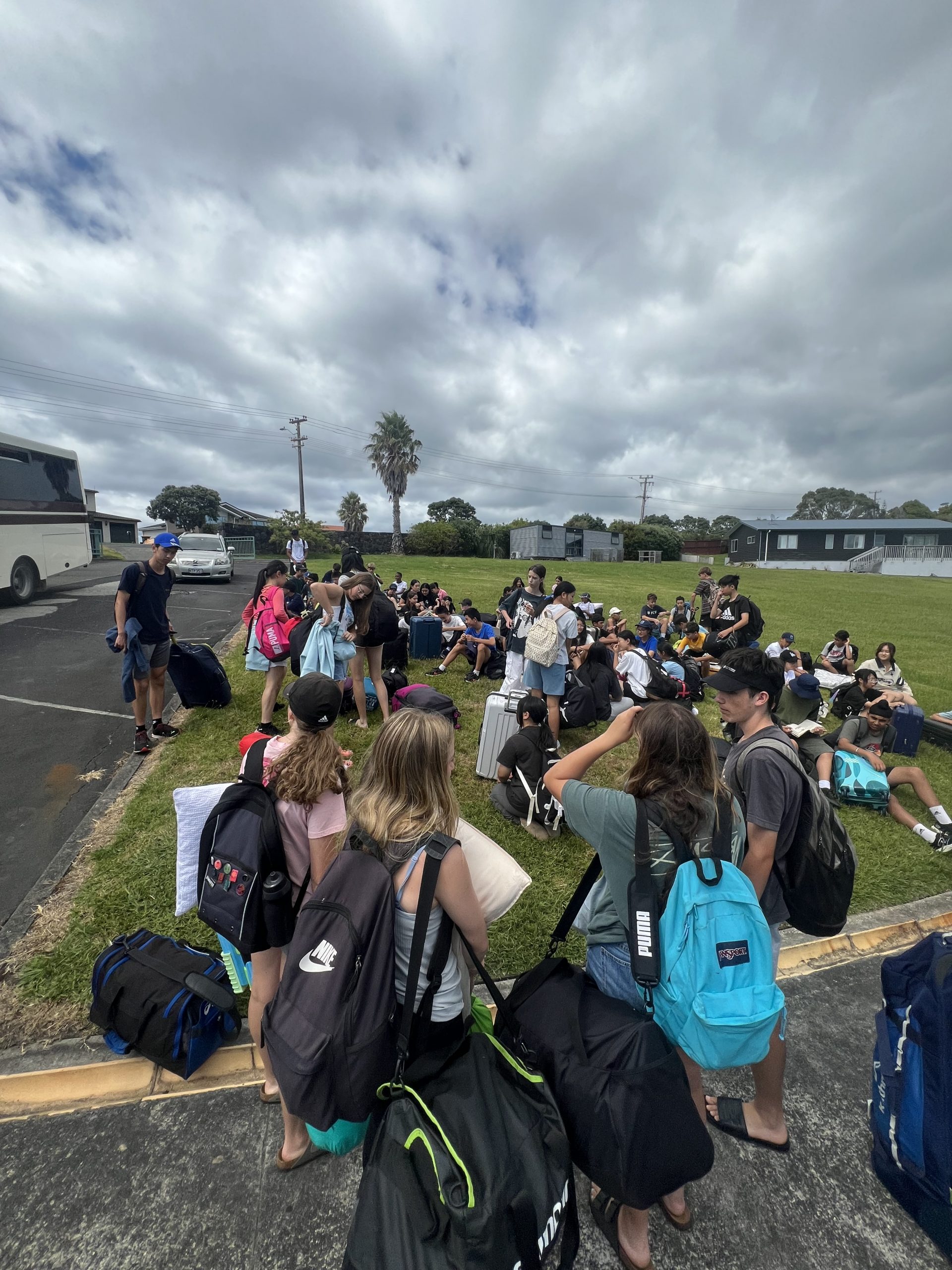
Students were met with an exciting yet gruelling exploration of the nature surrounding their campsites through a hike for the second component of camp. As they navigated through natural terrains, the physical challenges of the hike tested their resilience and effort, core values here at Macleans College. Beyond the physical aspects, the group dynamic of the hike emphasised letting students work together to overcome the tough trail, strengthening their bonds and helping them recognise the importance of collective effort in overcoming obstacles.
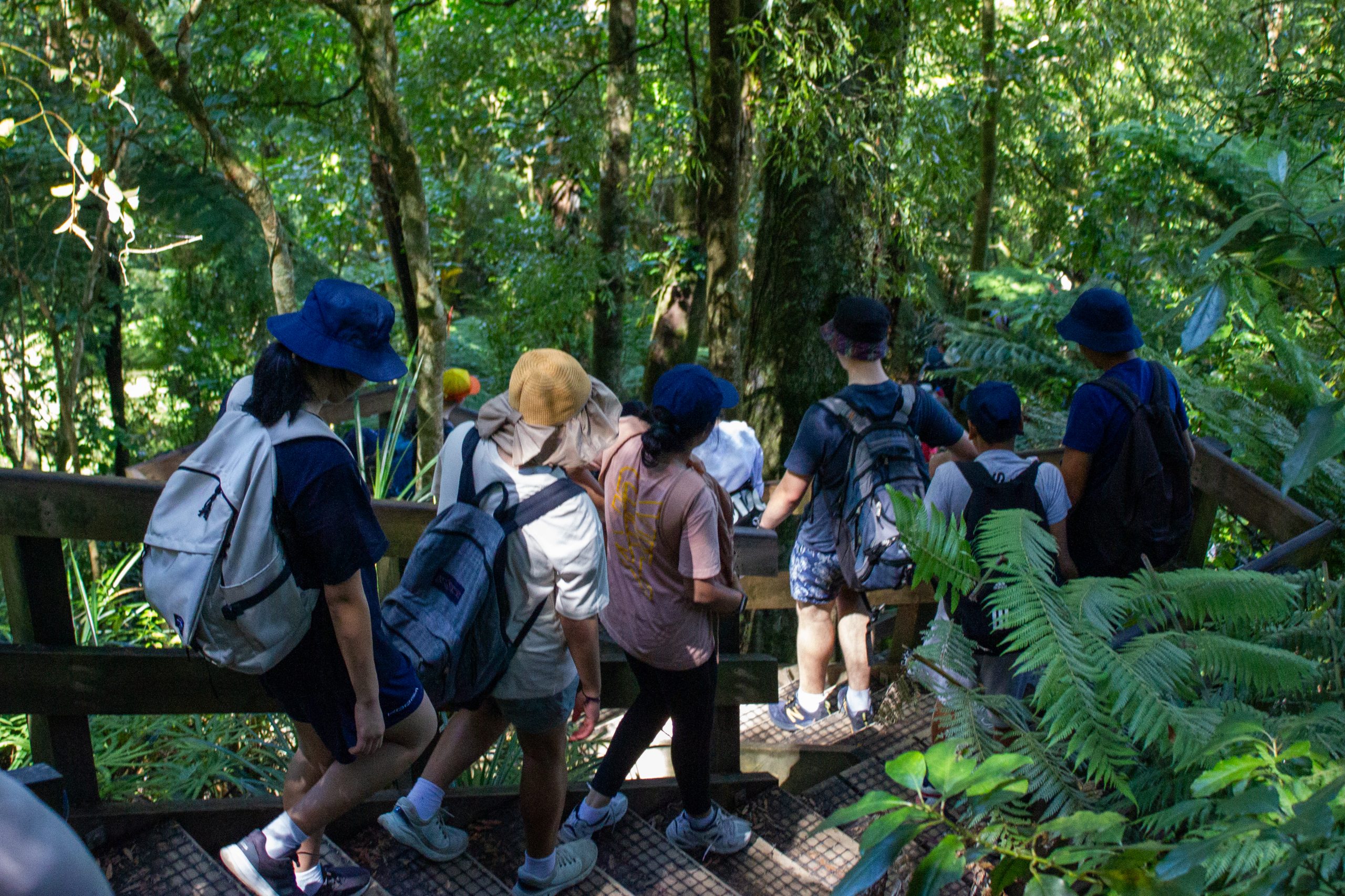
For the final component, students spent their time participating in a diverse range of outdoor activities hosted at their respective camps or external venues. At Rutherford’s Camp Adair for example, this included high rope challenges, raft building and a confidence course just to name a few. These activities offered a holistic experience for students that included adventure, learning, and a tight-knit community that they can call a whānau.
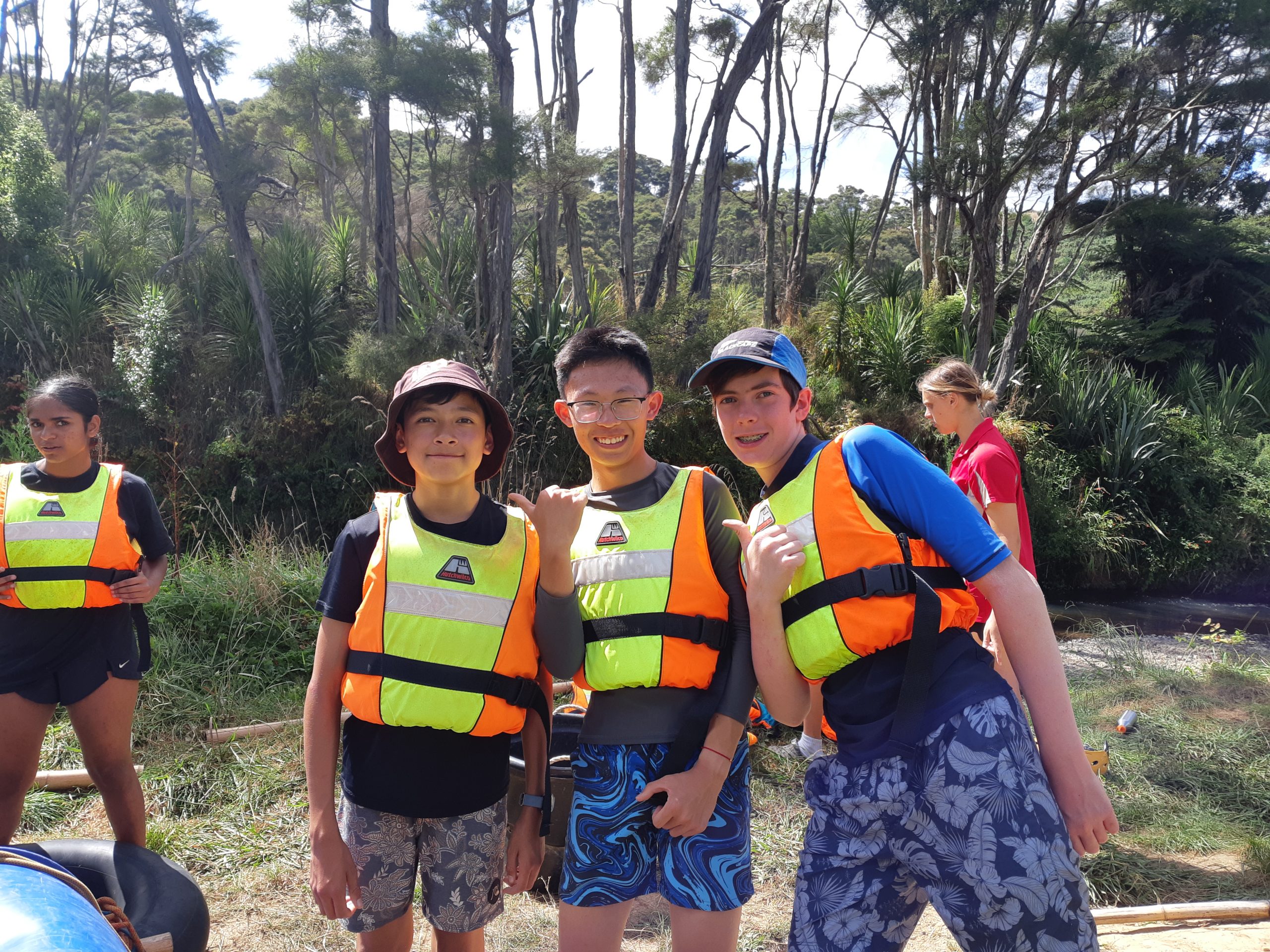
In addition to these eventful days, the camps also featured two night activities.
One of them was the infamous Burma Trail, wherein students were to navigate themselves through the woods in groups with only a rope to guide them in the darkness of night. Amidst dense trees, the peer support leaders put in their best efforts to scare them, which hopefully did not leave anyone with a sleepless night.
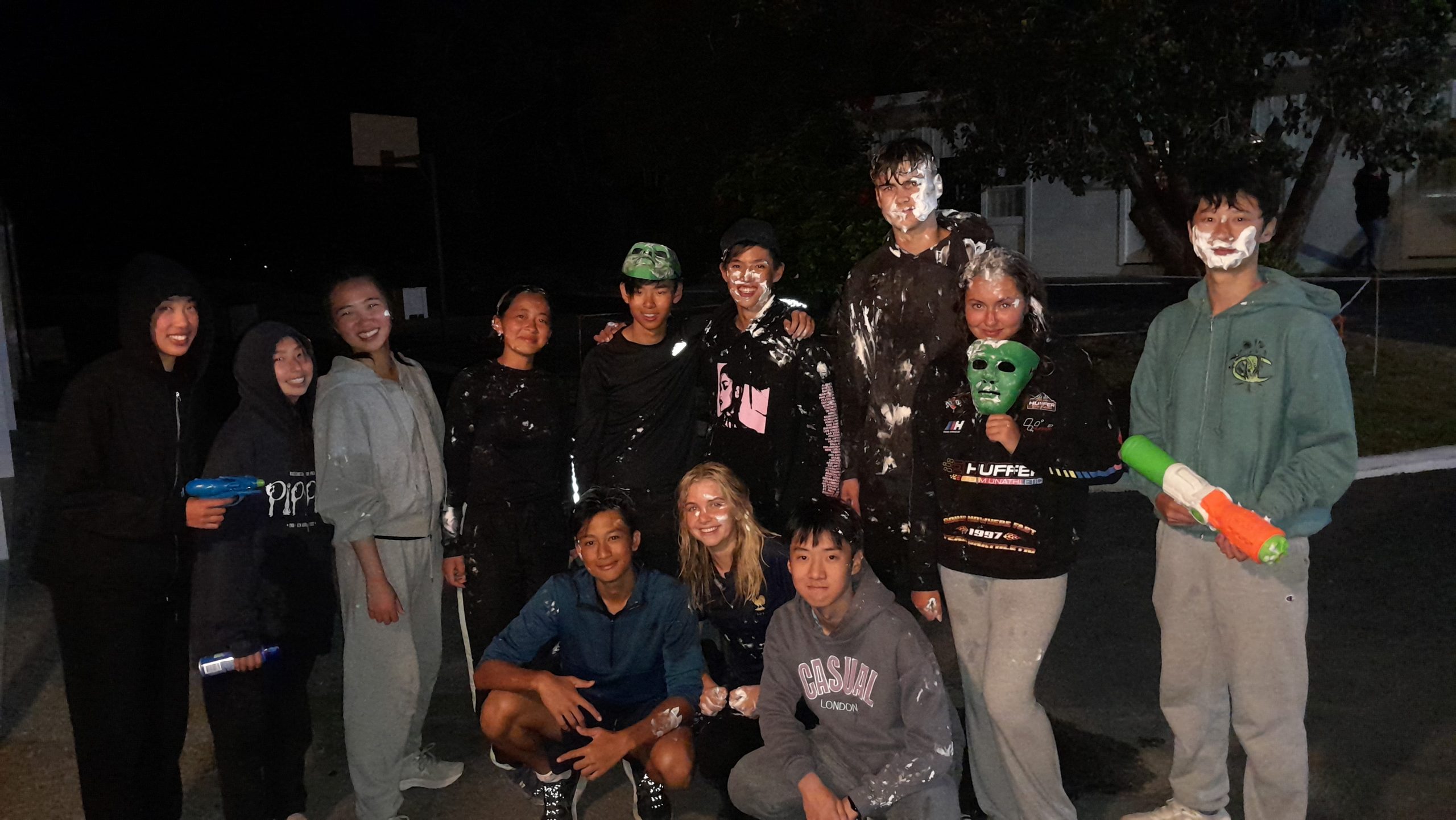
The second activity involved students performing skits in groups, which further fostered collaboration between them. This showcased the collective talents of students when they came together and further served as a platform for collaboration as the nature of skits pushed students to pool their imaginative resources and share ideas, working as a team. On the surface, this was an opportunity for students to indulge in comedic acts, bringing joy and laughter. But on a deeper level, this further reinforced the bonds formed by the hike and team-building activities that students underwent.
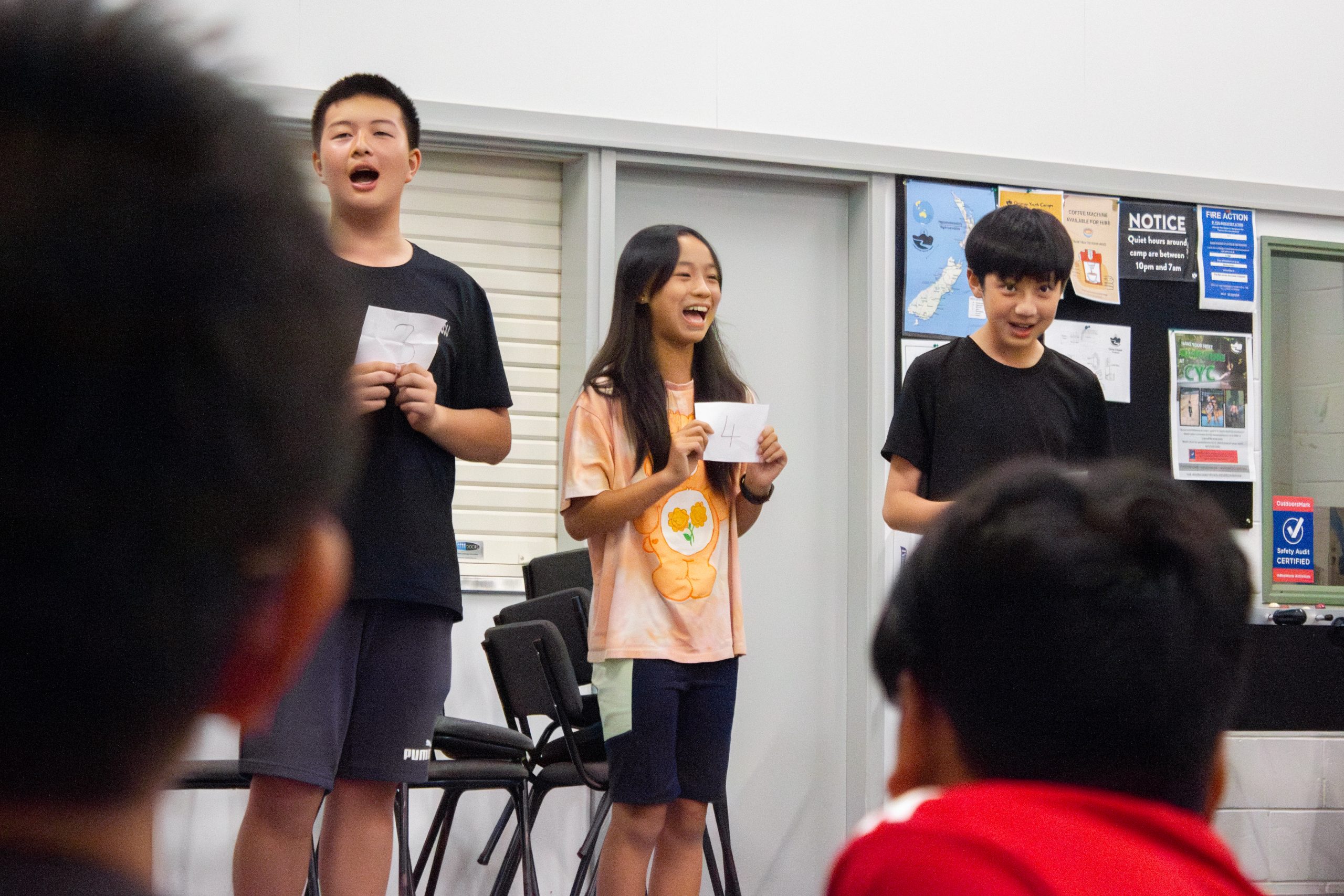
“One thing I really enjoyed at camp was meeting new people, and getting closer to them”
-Bibek Singh, Year 9 Student
As a whole, camp was far more than just staying away from home for several days and having fun. It was also a bonding experience for the new students which aided them with settling into their houses with staff and peers, forming a tight-knit community, a place that they can call a second home.
5th March, 2024
Written by Aaron Huang, edited by Amelia Hu and Emma Li
Photography by Peer Support Leaders
